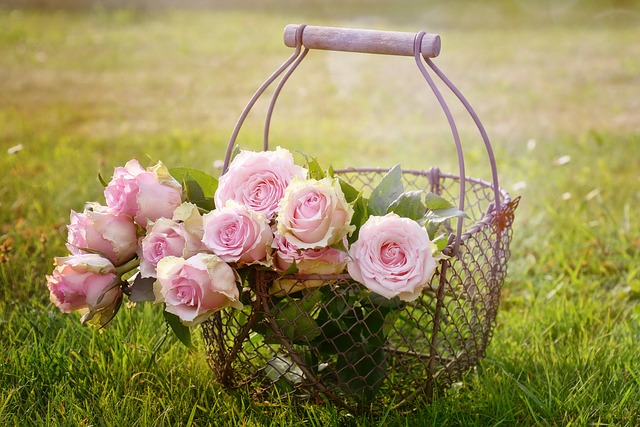Growing plants is an activity that many people enjoy. It may be a houseplant that makes your home more comfortable, vegetables for your family to eat, or just a lawn for recreation and beauty.
Whatever the particular plants, they will take quite a bit of time and attention from you. A lot of people think that the ability to grow plants successfully is something that you’re born with, a green thumb that not everyone has. While it’s true that some people do have a knack for successful plant care, it’s also true that there is hope for those of us who are less successful.
Successful gardeners typically do a good job of following some basic rules, and if you do what they do, you’ll have good outcomes as well.
Use Well-Adapted Plants
As beautiful as they may be, the tropical flowers you saw on your last beach trip will simply not thrive back home in Wisconsin, or in Maryland, or anywhere in the more temperate parts of the country.
Healthy plants are those that are growing close to home. They can stand the temperature variations, the rainfall rates, and the diseases that are prominent in their natural habitat. That’s the reasoning behind the increasing popularity of wildflowers. For example, Nature’s Seed wildflower seed mix choices are grouped by region so that you can get something that will do well in your area.
Prepare The Soil
Many people think that it just takes a shovel and a couple of minutes to plant something. It’s true that you can get a plant into the ground pretty easily, but just how suitable is that soil for the plant?
Not all soils are the same. Fertility levels, organic matter quantities, and soil pH can vary drastically. The plants themselves have differing preferences for their ideal environment. Develop your green thumb by reaching out to your local university extension service to have a soil sample analyzed for fertility and pH, allowing you to tailor fertilizer and lime applications to the exact needs.
Educate Yourself
Your neighbor with the green thumb was probably not born that way. It likely took many years (and many dead plants) to learn the hard lessons that made today’s beautiful landscape possible.
Plants are very different in how they should be fed, watered, trimmed, planted, and in every other way. What you do for ornamental grasses will be very different from what you do for roses, so be sure to review any paperwork included with your plants and to search online for credible details about the daily care they’ll require.
Take a class. Talk to an experienced gardener. Dig into the almost-limitless resources on the internet. Then apply what you’ve learned as soon as you can so that you reinforce those lessons. Think about maintaining a gardening journal to help you retain knowledge from one season to the next.
We all have natural talents for certain things, and there is no doubt that certain people have such talents for raising plants. At the same time, it is possible to develop that skill in yourself. If you surround yourself with some of the countless resources in this field, you just might find yourself surrounded by beautiful plants too.


